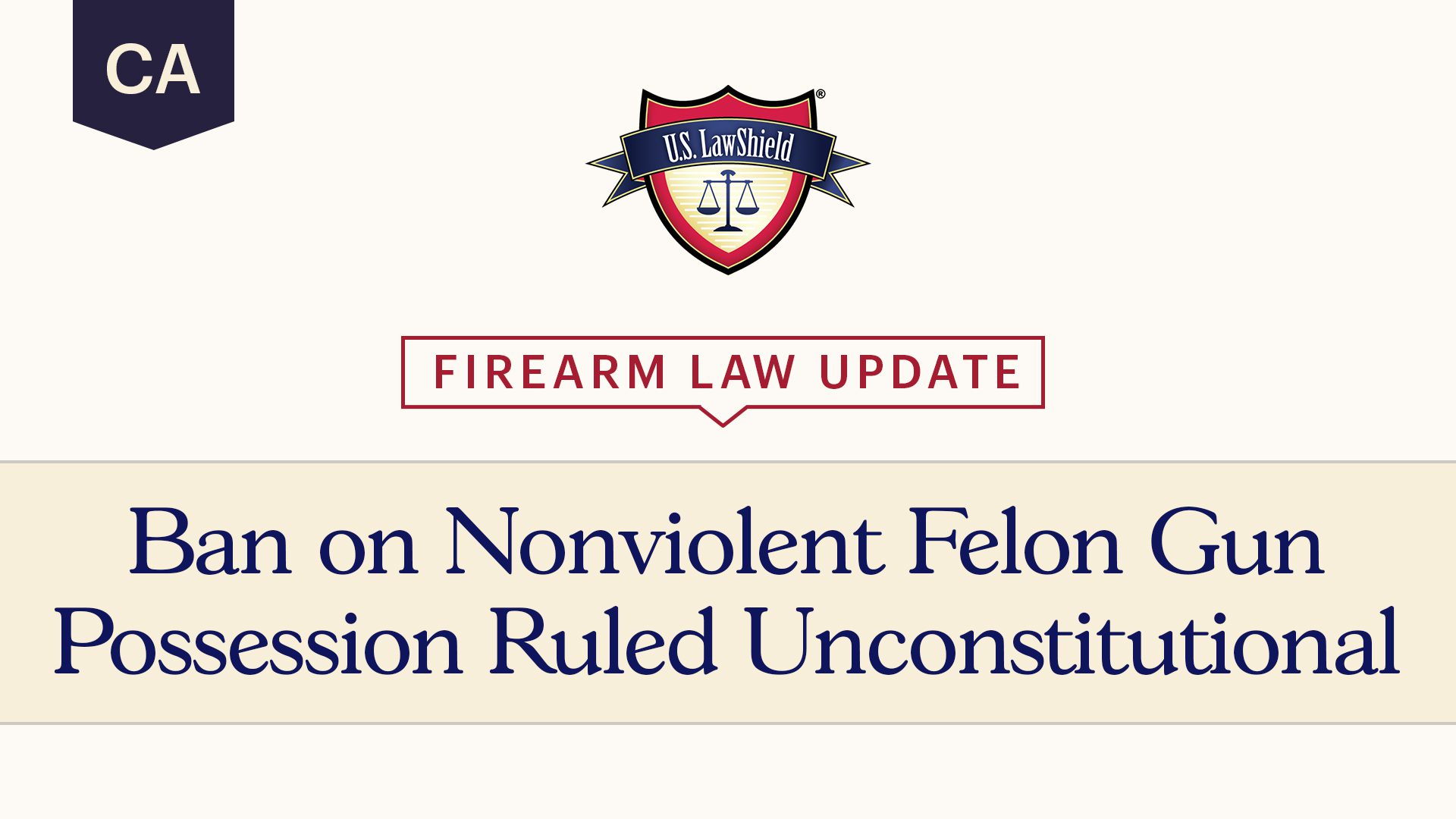
Resolutions as a tradition
New Year’s resolutions are a longstanding tradition in America and beyond. Our habit of using Jan. 1 as the starting point for a personal revolution goes back at least 200 years. In fact, the phrase new year resolutions can be seen in an 1813 Boston newspaper. References to resolving to do or be better in the coming year can be found centuries before that with written evidence in the 1600s, and some suggest even the ancient Babylonians did the same.
Promoters of the practice cite the benefit of simply having a stated goal in your daily life, even if you don’t make significant progress by next January. Whether you always look forward to the new year for a self-improvement project or rarely even think about it, this year, consider making a resolution related to your progress on the topic of self-defense. We hope to give you some ideas and convince you to set a goal to work toward. Examples include:
- Learning a new skill, from shooting to martial arts
- Working toward a self-defense goal
- Taking a class
Self-defense ideas
Not everything surrounding self-defense involves violence. In fact, a significant portion of the task of keeping yourself safe has absolutely nothing to do with guns or mace. Remember, the easiest fight to win is one you never get in. Situational awareness is a topic we hear a lot about but rarely see elaborated on. Basically, situational awareness is the phrase used to refer to the practice of paying close attention to your surroundings to avoid being targeted by a criminal. There are some basic things you can learn and look out for in the coming year to help avoid violent encounters.
Enjoying this content? Find out how you can get more sent straight to your inbox.
Armed and unarmed self-defense are both perishable skills: They don’t keep well if they aren’t regularly practiced, and often, practice, without instruction, can ingrain less than optimal habits. Try resolving to sign up for and attend a class in a relevant self-defense skill like handguns, martial arts, etc. to help you perform at your best when it matters most.
The most obvious, but least discussed, possible ways support self-defense skills are entirely separate from violent encounters. Being physically fit is an important one. It’s more challenging to handle an aggressive assailant if you have difficulty with physical exertion.
Real life vs. ideal life
The most important thing to do when considering self-defense or any other resolution is how to go about it in the most productive manner. Setting goals can be fun, but it should also be realistic. Know your limitations, understand how those relate to your expectations and manage them accordingly.
It won’t do you much good to resolve to attend a jiu-jitsu class five times a week when you work full time, have kids and other familial obligations that would make such a resolution difficult or impossible to stick with. Similarly, resolving to attend a bunch of handgun classes you can’t afford without stressing won’t do you much good. Be sure you’re setting achievable goals within the framework of your existing obligations and finances, and you should increase your chances of meeting them.
Lastly, have fun with your resolutions. Self-defense is a serious topic, but that doesn’t mean it can’t be enjoyable. Going to the range or a gym with friends or signing up for a class and learning a new skill can make the process a lot more fun. That enjoyment might be the difference between success and making the same resolution next year. Even if you don’t succeed 100%, making the effort and setting the goal is the first step in changing. Acknowledge the effort you’ve put in rather than focusing on the results you might not have seen, and keep trying. Nobody changes overnight, and every effort means progress.
New Year’s Resolutions FAQ’s
Your Protection Starts Here!
The information provided in this publication is intended to provide general information to individuals and is not legal advice. The information included in this publication may not be quoted or referred to in any other publication without the prior written consent of U.S. LawShield, to be given or withheld at our discretion. The information is not a substitute for, and does not replace the advice or representation of a licensed attorney. We strive to ensure the information included in this publication is accurate and current, however, no claim is made to the accuracy of the information and we are not responsible for any consequences that may result from the use of information in this publication. The use of this publication does not create an attorney-client relationship between U.S. LawShield, any independent program attorney, and any individual.





I need to know if my membership is active. It was under my husbands name Kelly Myers